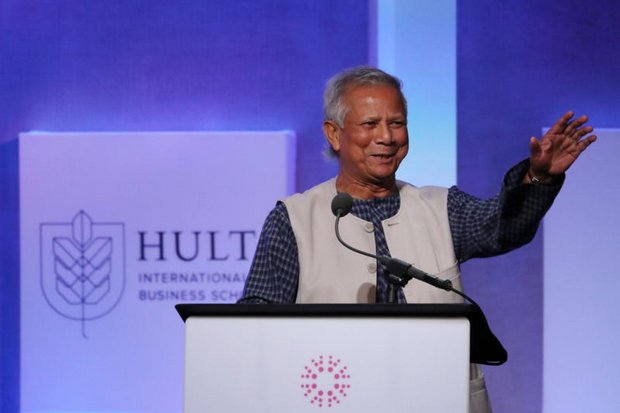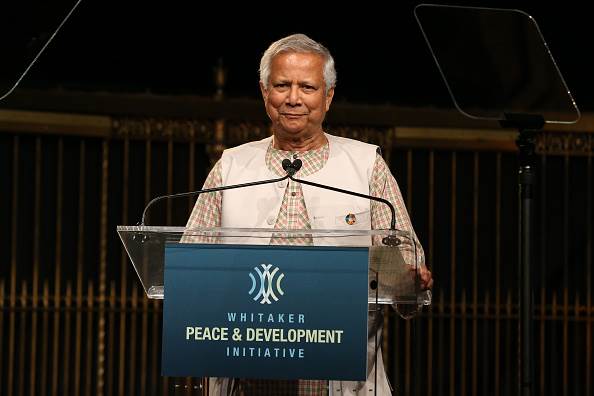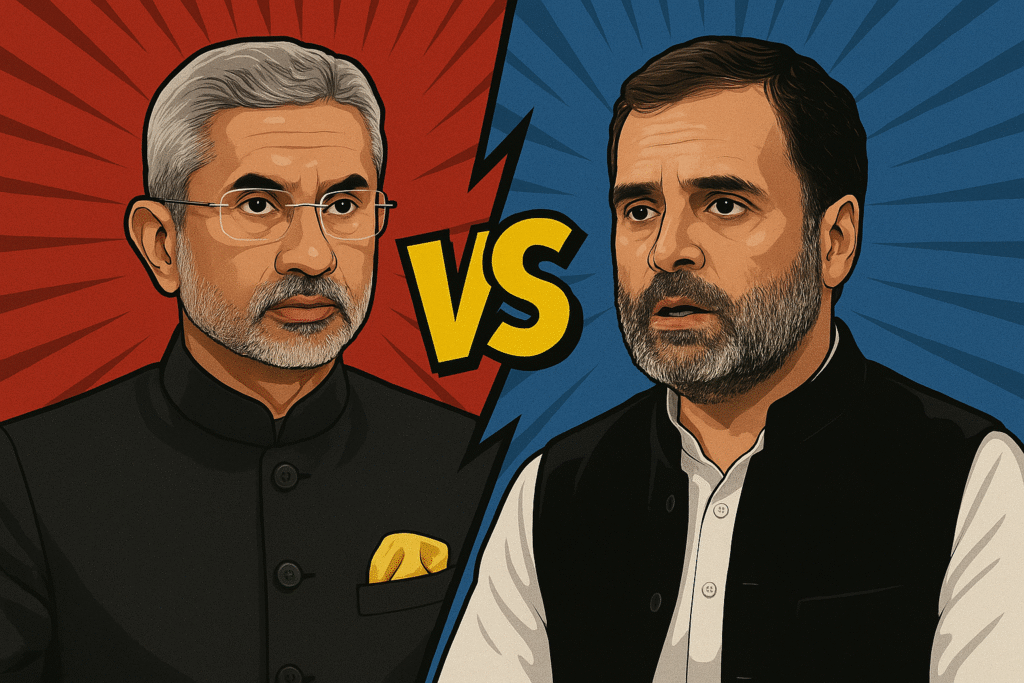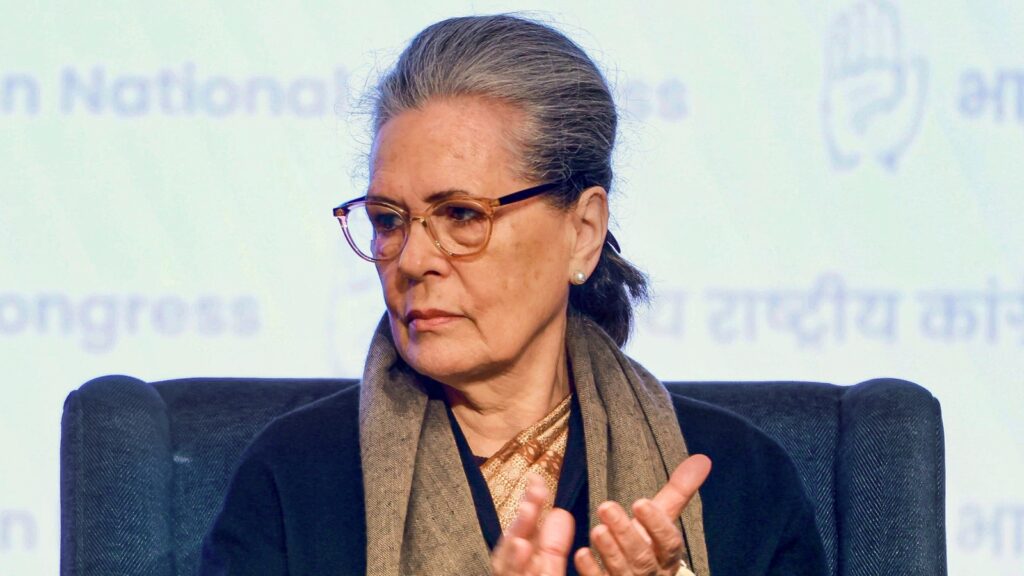Behind the Civil-Military Rift in Bangladesh and Why India Is Caught in the Crossfire
In a dramatic turn of events, the Nobel laureate-turned-interim Prime Minister Muhammad Yunus is at the center of escalating tensions with the powerful Bangladesh Army. While no formal blame has been placed on India by Yunus’s government, fingers are being pointed at Indian media outlets for allegedly misrepresenting the rift—potentially fueling instability in Dhaka. So what’s really going on in Bangladesh?
Bangladesh is once again in the eye of a political storm. After Sheikh Hasina’s ouster in August 2024 due to massive student-led protests, Muhammad Yunus was brought in as a transitional figure to stabilize the country and prepare it for elections. But less than a year in, Yunus finds himself increasingly at odds with the Bangladesh Army, particularly over delayed elections, the release of controversial prisoners, and foreign policy decisions.
Simultaneously, Indian media has come under fire from the interim government for what it claims are exaggerated reports about a looming civil-military collapse. While no direct allegation has been made against the Indian government, these accusations have stirred fresh debates about foreign interference and information warfare in South Asia.
Yunus, the Army, and an Election Delayed

The core of Bangladesh’s current political turmoil lies in the growing mistrust between interim Prime Minister Muhammad Yunus and the Bangladesh Army, led by General Waker Uz Zaman. Though the military publicly asserts its support for Yunus’s civilian administration, sources suggest rising frustration over the absence of a concrete election timeline. The interim government, brought in after the dramatic ouster of Sheikh Hasina in August 2024, has not yet provided clarity on the roadmap to restore democratic order—prompting concern and criticism from both political actors and security circles.
What’s further straining civil-military relations is Yunus’s controversial decision to release convicted Islamist radicals and personnel involved in the 2009 BDR mutiny—a deeply traumatic event in Bangladesh’s military history. These moves have not only sparked security anxieties but also raised eyebrows about the interim government’s judgment in dealing with high-risk internal threats. Yunus’s foreign policy initiatives, such as proposing a humanitarian corridor into Myanmar’s Rakhine State, are viewed by the army as dangerously premature in the absence of an elected mandate or parliamentary oversight.
In response, the Bangladesh Army has adopted a dual approach—officially denying any rift, while making subtle but firm public statements emphasizing the need for national sovereignty and electoral legitimacy. Though Yunus’s aides deny that he is considering resignation, internal sources suggest that mounting criticism and isolation are taking a toll. Meanwhile, the military’s increased restrictions on public gatherings and stepped-up surveillance hint at a quiet effort to curb potential unrest and neutralize pro-Yunus mobilizations, deepening the sense of a fragile balance teetering on the edge.
Misinformation, Media, and India’s Shadow
While India remains officially uninvolved in Bangladesh’s unfolding political crisis, the Yunus government has taken aim at Indian media, accusing several mainstream outlets of spreading “wholly inaccurate” reports—particularly claims suggesting a looming coup or a breakdown in civil-military relations. This criticism is not about diplomatic confrontation, but rather a calculated move in the broader perception battle. In South Asia’s charged political landscape, narratives often carry as much weight as actions, and Yunus’s administration appears keen on redirecting attention from domestic instability to alleged external misrepresentation.
Crucially, there is no credible evidence that Muhammad Yunus has formally accused the Indian government of influencing Bangladesh’s military or destabilizing his interim regime. The pushback is explicitly against the Indian media’s portrayal of events, which Dhaka believes is fueling internal anxiety and potentially emboldening opposition forces. In a region where India’s involvement in neighboring states’ affairs is historically sensitive, the optics of interference—real or perceived—are critical. For both nations, this situation demands careful navigation: India must steer clear of even symbolic overreach, while Bangladesh’s fragile interim leadership must stabilize from within, without alienating powerful neighbors.





















